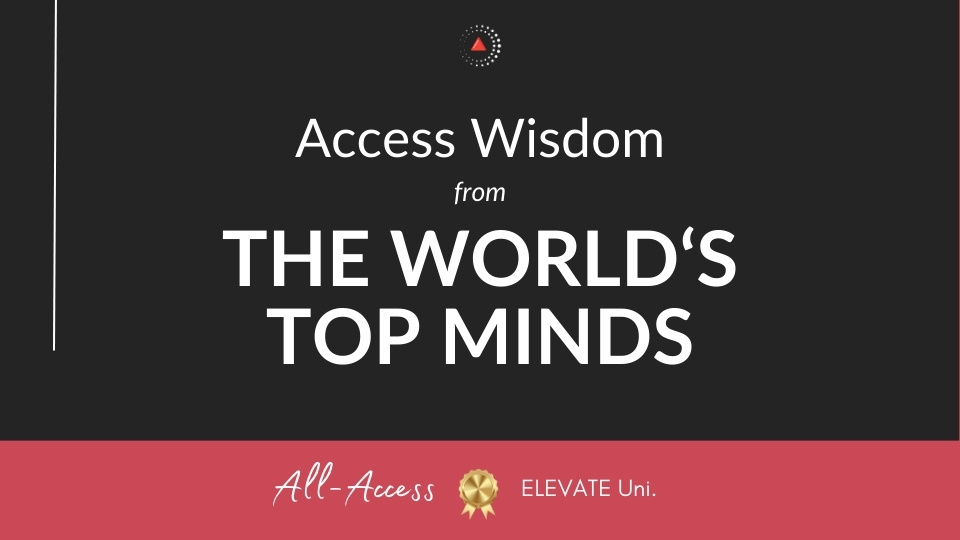Behind the parents stands the school, and behind the teacher the home.
What's the meaning of this quote?
Quote Meaning: The quote "Behind the parents stands the school, and behind the teacher the home" encapsulates a profound understanding of the intricate interplay between education, upbringing, and societal influences. At its core, it underscores the multifaceted nature of a child's development, highlighting the complementary roles played by parents, schools, and teachers in shaping their growth and character.
Firstly, the phrase "Behind the parents stands the school" emphasizes the significant role educational institutions play in supporting and augmenting the efforts of parents. While parents are the primary caregivers and influencers in a child's life, schools serve as vital partners in nurturing their intellectual, social, and emotional development. Schools provide structured learning environments, academic guidance, and extracurricular opportunities that complement and enrich the educational foundation laid by parents. Moreover, they serve as hubs of socialization, exposing children to diverse perspectives, experiences, and cultures, thus broadening their understanding of the world.
Conversely, the latter part of the quote, "and behind the teacher the home," acknowledges the profound impact of familial dynamics and values on the effectiveness of teaching. Teachers, entrusted with the noble responsibility of educating and mentoring young minds, often find themselves navigating the complexities of their students' home environments. A supportive and nurturing home fosters a conducive atmosphere for learning, enabling teachers to engage students more effectively and facilitate their academic and personal growth. Conversely, challenges within the home, such as socioeconomic disparities, familial conflicts, or lack of parental involvement, can significantly impede a teacher's efforts to educate and inspire their students.
Moreover, the reciprocal relationship implied in the quote suggests that successful education is contingent upon a harmonious collaboration between parents and schools, as well as between teachers and the home environment. Effective communication, mutual respect, and shared goals between these entities are essential for optimizing the educational experience and maximizing student outcomes. When parents, schools, and teachers align their efforts and resources towards a common objective – the holistic development of the child – they create a synergistic environment wherein each component reinforces and enhances the other.
Furthermore, the quote underscores the interconnectedness of various societal institutions in shaping the trajectory of an individual's life. Beyond the confines of the family and school, broader social factors, such as cultural norms, economic conditions, and community support systems, exert influence on a child's educational journey. Recognizing these interconnected relationships is crucial for devising comprehensive strategies to address systemic barriers to educational equity and promote inclusive learning environments that cater to the diverse needs of all students.
In essence, the quote serves as a poignant reminder of the collective responsibility shared by parents, schools, teachers, and society at large in nurturing the next generation. By acknowledging and honoring the interdependence of these elements, we pave the way for a more holistic and empowering approach to education—one that fosters collaboration, empathy, and resilience in both children and adults alike.
Who said the quote?
The quote "Behind the parents stands the school, and behind the teacher the home." is often attributed to A. P. J. Abdul Kalam (Bio / Quotes). A. P. J. Abdul Kalam was an Indian scientist and politician who served as the President of India from 2002 to 2007.
Chief Editor
 Tal Gur is an author, founder, and impact-driven entrepreneur at heart. After trading his daily grind for a life of his own daring design, he spent a decade pursuing 100 major life goals around the globe. His journey and most recent book, The Art of Fully Living, has led him to found Elevate Society.
Tal Gur is an author, founder, and impact-driven entrepreneur at heart. After trading his daily grind for a life of his own daring design, he spent a decade pursuing 100 major life goals around the globe. His journey and most recent book, The Art of Fully Living, has led him to found Elevate Society.

























